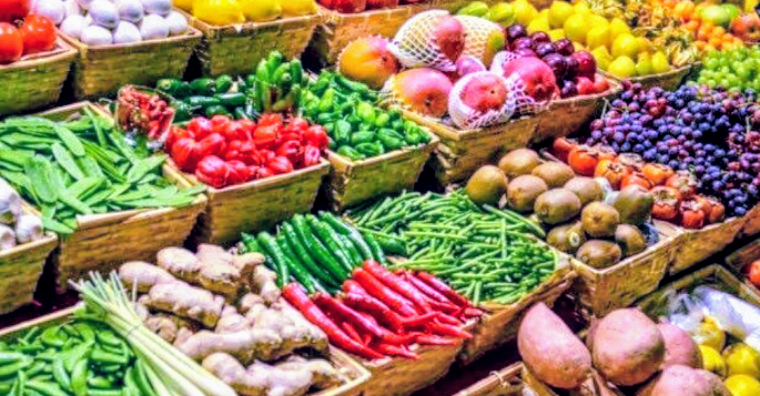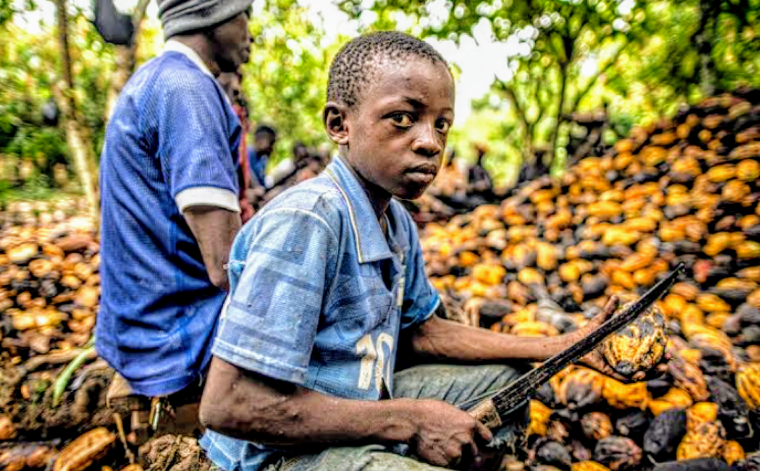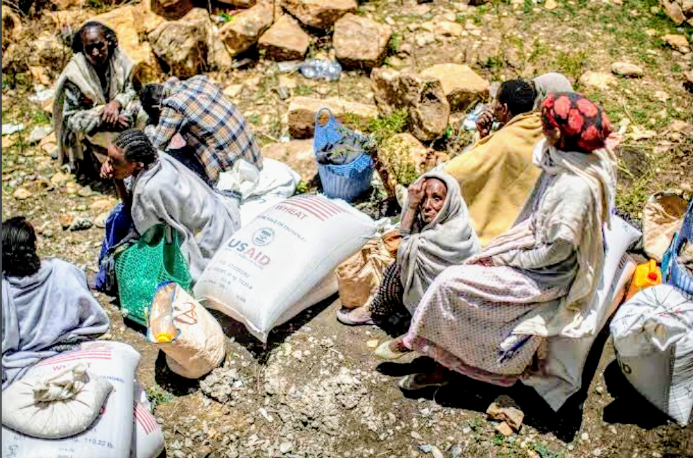Faith Nyasuguta
Food prices in Nigeria have steadily risen following high inflation rates.
The most populous African nation with about 210 million residents reported a food inflation rate of 22.28 per cent in May 2021.
That means the local food demand is way higher than food production, steadily pushing food prices to rise.
The high inflation rate was triggered by forex scarcity,increased attacks on farms and devaluation of their currency, the Naira.
Nigeria has been hit by a double economic effect from low global prices globally and the Covid-19 pandemic.
According to the World Bank, the rising food prices and high inflation has thrown another seven million Nigerians into poverty this year.
For the masses, putting food on the table is a major challenge. “Every day, during consultations, there are five or seven children that suffer from malnutrition,” Emiolo Ogunsola said.
The chair of Massey Street children’s hospital nutrition department of Lagos island adds that “I bet in a few months or a year, more children will be malnourished.
”Ahead of the COVID-19 pandemic and increased food prices, the country had shocking nutritional figures.
Following a bad diet, one in every three children in Nigeria faced stunted growth.
Because of this, approximately 17 million Nigerian children are undernourished ranking the country first in high malnutrition levels in Africa.
Nigeria is also ranked second globally on matters of malnutrition.





